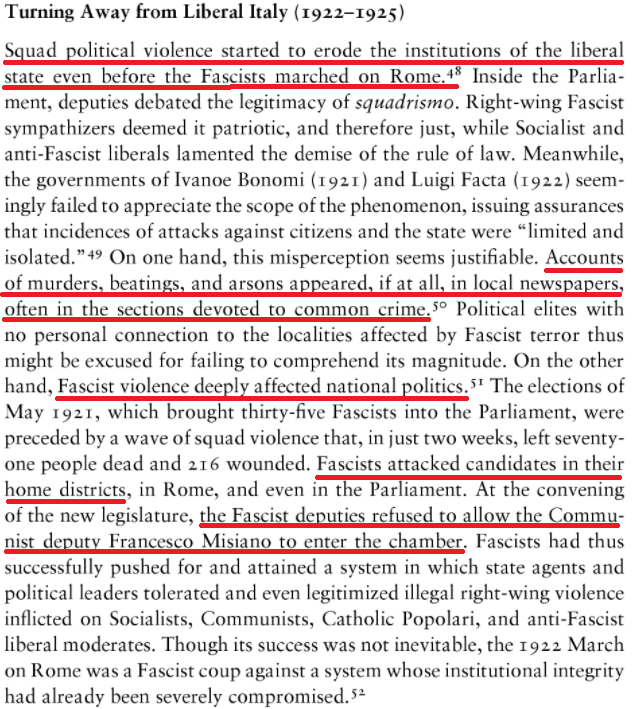
Everybody should know about Berkson’s paradox.
👉 When two positive traits are (spuriously) negatively correlated, in a population *selected on these traits*.
Examples: 1/
“Handsome men are jerks.”
via @anecdatally
👉 When two positive traits are (spuriously) negatively correlated, in a population *selected on these traits*.
Examples: 1/
“Handsome men are jerks.”
via @anecdatally

“High standardised test scores before entering university do not predict university grades.”
People accepted with low test scores likely have other qualities helping them to succeed at university.
brilliant.org/wiki/berksons-…
People accepted with low test scores likely have other qualities helping them to succeed at university.
brilliant.org/wiki/berksons-…

“Good books make bad movies.”
Suppose the movies you can think of are either good movies or movies from good books: it will look like good books end up in worst movies!
by @FryRsquared

Suppose the movies you can think of are either good movies or movies from good books: it will look like good books end up in worst movies!
by @FryRsquared

“Height does not correlate with performance in the NBA!”
Why? To have made it, smaller players are likely more skilled than taller players.
👇by @3rdreviewer
Why? To have made it, smaller players are likely more skilled than taller players.
👇by @3rdreviewer

“People winning engineering contests are not that good at their job.”
nadbordrozd.github.io/blog/2017/07/1…
nadbordrozd.github.io/blog/2017/07/1…

Quirky: In a good restaurant, the least appetizing sounding items likely taste better.
from @tylercowen
theatlantic.com/magazine/archi…
from @tylercowen
theatlantic.com/magazine/archi…

Add your examples if you have some!
End/
End/
• • •
Missing some Tweet in this thread? You can try to
force a refresh










